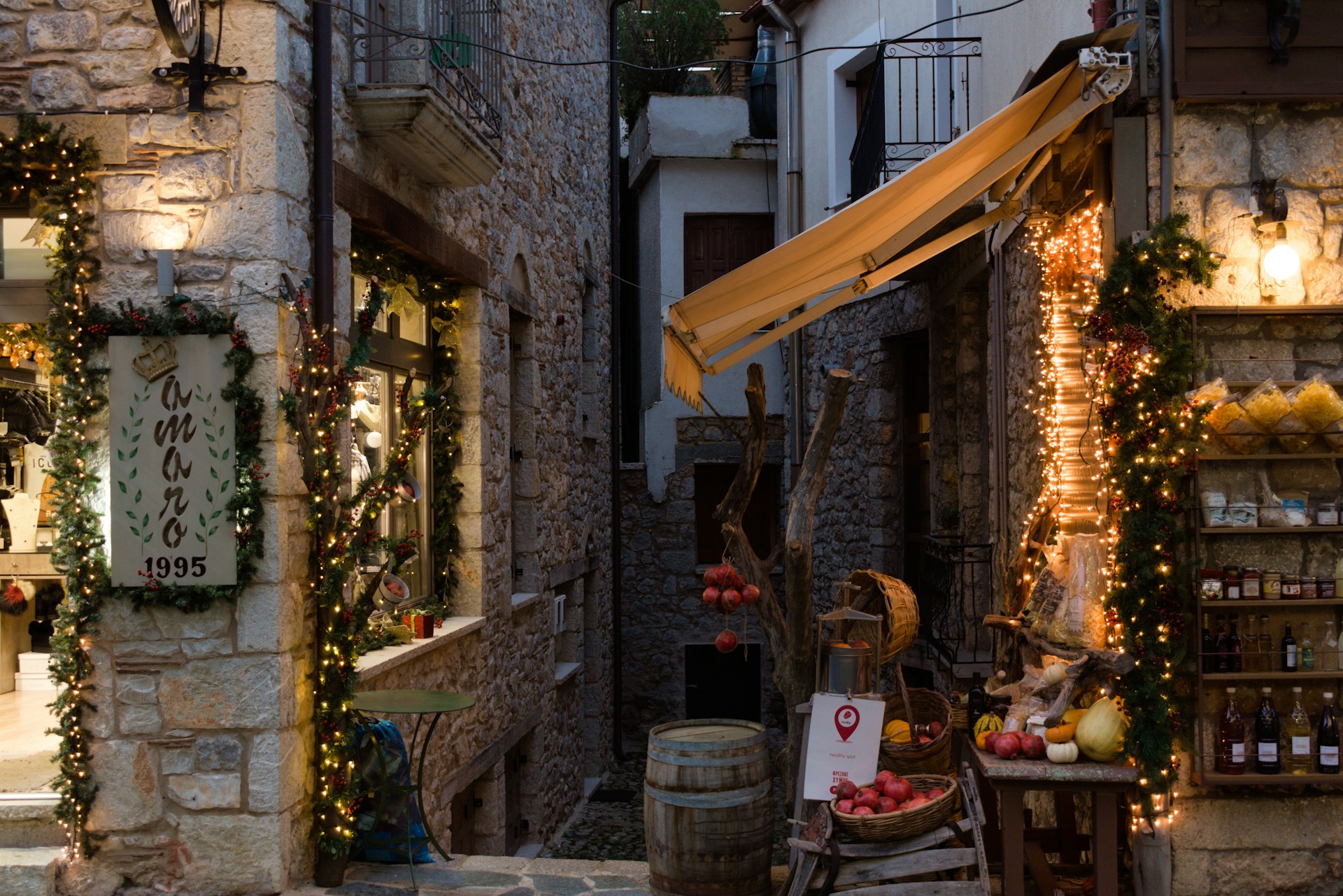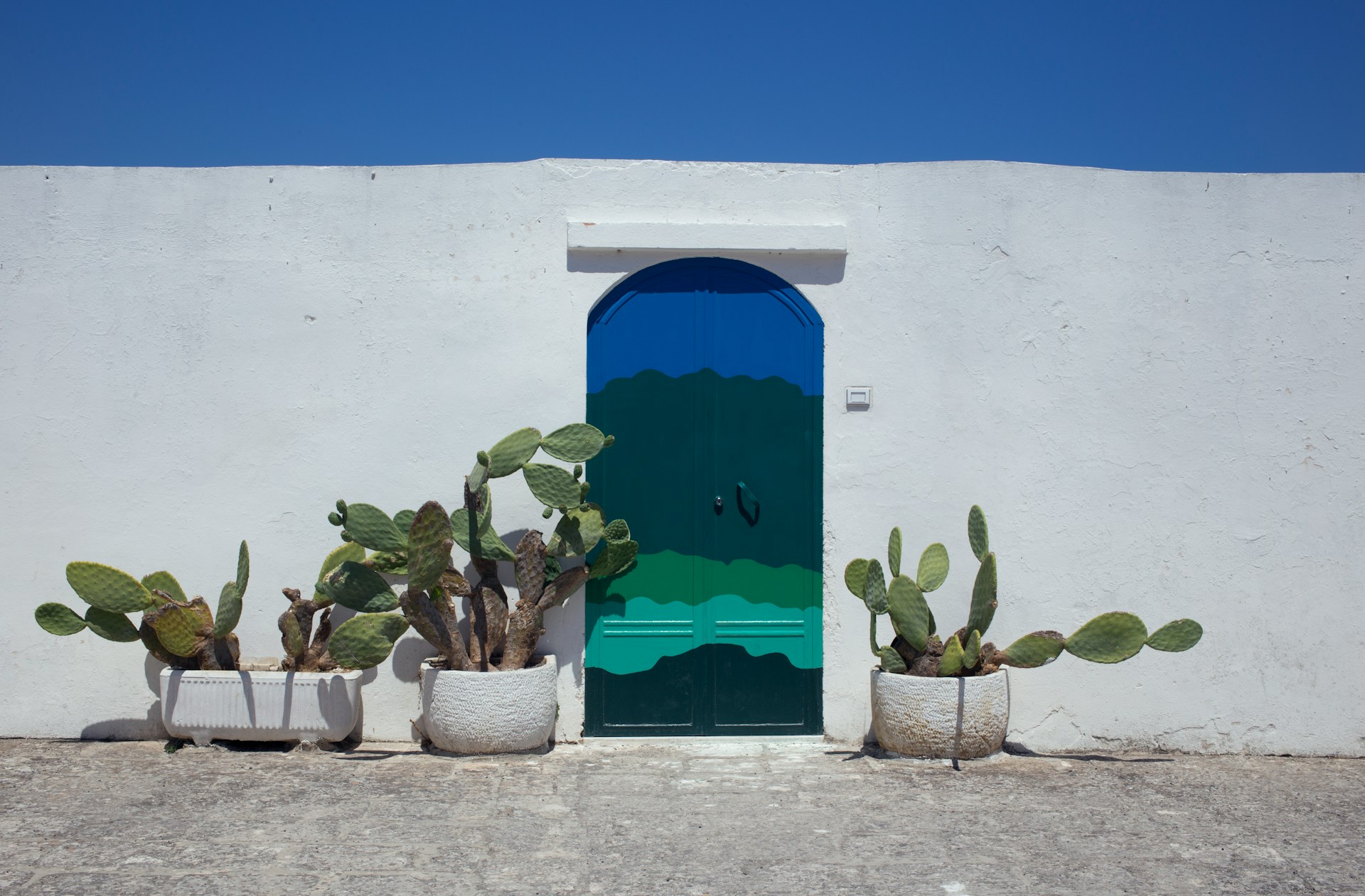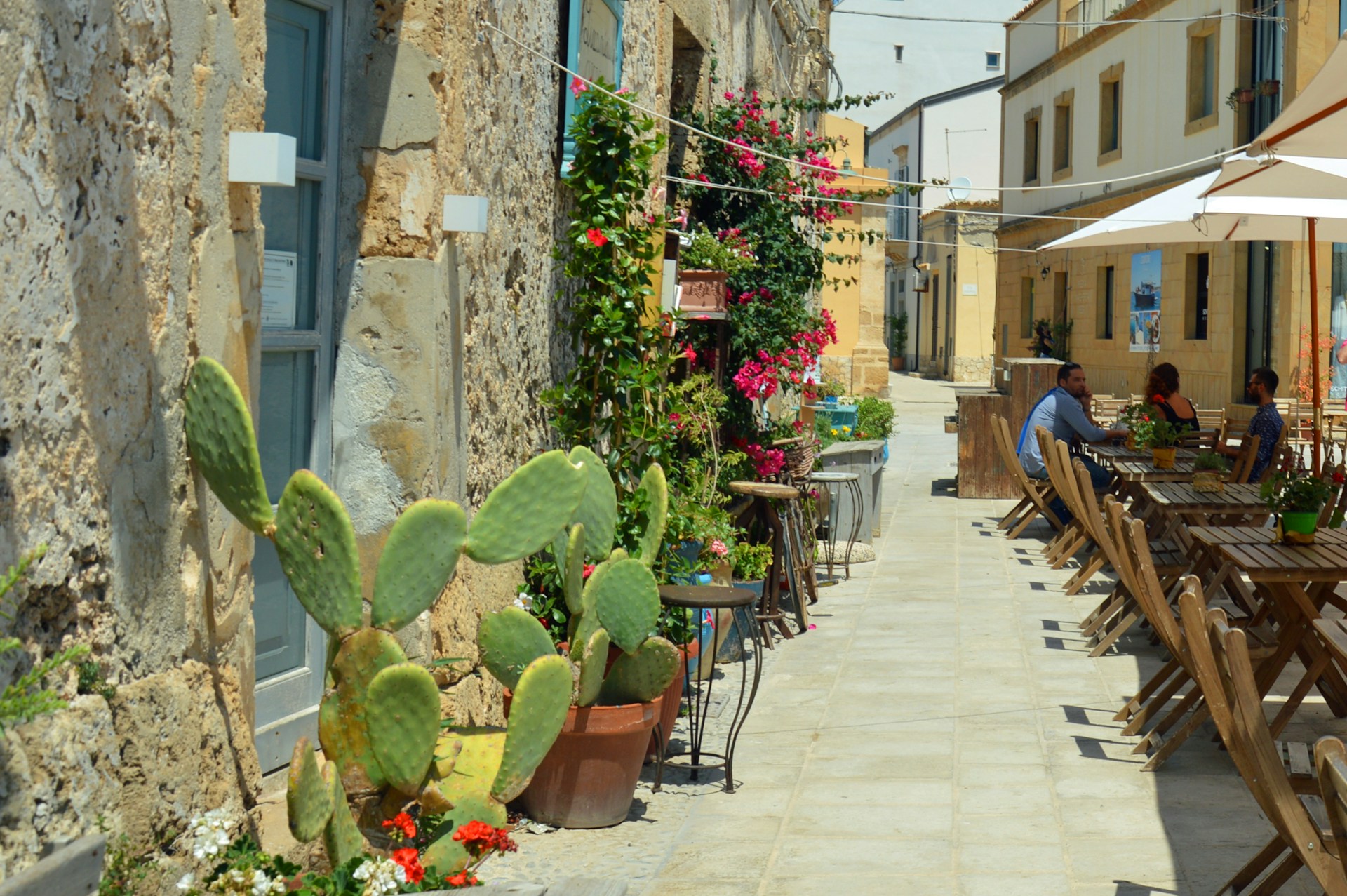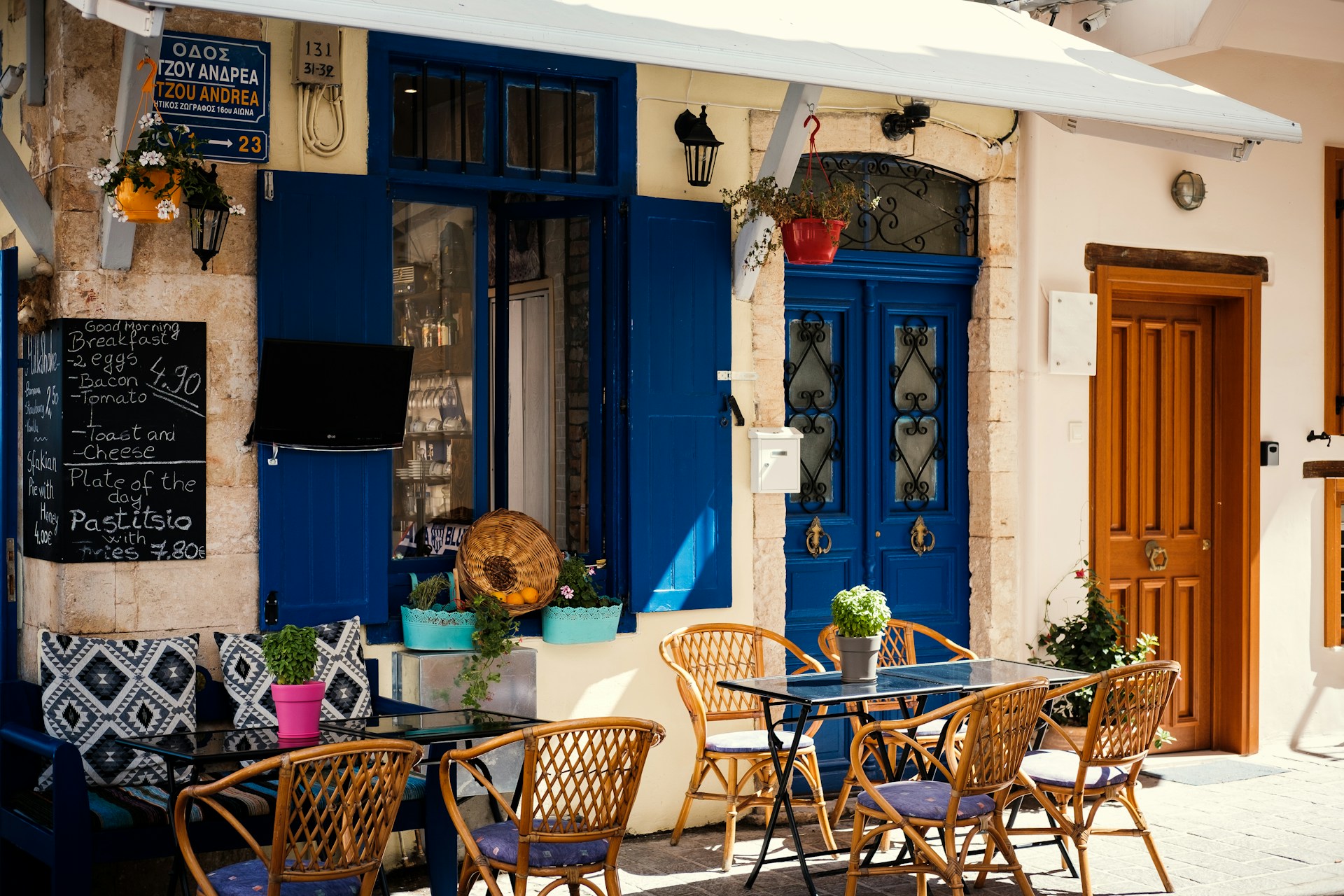A Taste for Travel: Where Food Leads and the Journey Follows
A culinary journey through the world’s most flavourful destinations, from Puglia and Greece to Marrakech and Bali. Discover how food can guide the way you travel.

There are trips you plan around museums, landscapes, beaches, stories. And then there are the trips that begin with a flavour stuck in your head. A dish you once tasted in a crowded street, a wine you never found again, a smell that made you walk slower without noticing. Food can be the starting point, the compass, and sometimes the whole reason you buy the ticket.
We travel to eat, even when we pretend otherwise. And the destinations worth crossing borders for today are the ones where food hasn’t become performance, where the kitchen speaks about the place without shouting. These are the places where eating well is not an attraction, but a way of living.
Here is a journey guided by appetite, not algorithms. A tour of places where food leads and everything else follows.
Puglia: The Land That Cooks for You Before You Ask
Puglia doesn’t cook to impress. It cooks because that is what it has always done.
The air smells of tomatoes drying on terraces, olive oil is treated with the affection reserved for family members, and bread still tastes like something that came out of someone’s own oven.
You can sit at a table in Lecce and eat raw seafood that was swimming a few hours earlier, or you can stop in a masseria inland and find yourself having lunch under a pergola without remembering how you got there.
Palazzo Tafuri in Nardò fits perfectly into this rhythm. The restaurant respects the territory without turning it into a postcard. Seasonal dishes, vegetables that actually taste like vegetables, and the kind of service that treats you like someone who came a long way to eat well.
Further north, Castle Elvira brings a different kind of charm. It is theatrical in all the right ways, with dinners that feel personal, not staged, and ingredients pulled directly from the countryside around it.
In Puglia, food isn’t an accessory. It is the main language.

Sicily and the Art of Abundance
Sicily cooks like a place that has seen everything: the Greeks, the Arabs, the Normans, the Spanish. It is a crossroads of human history and the kitchen reflects that. Sweet, salty, sharp, fresh, hot, unexpected. Sicilian food is a conversation that never settles on one note.
Walk through Noto at night and you’ll smell almond paste, grilled fish, and citrus in the same block. Sit down anywhere respectable and you’ll get pasta with flavours you didn’t see coming, or a dessert that tastes older than the building.
Country House Villadorata leans into the island’s abundance with quiet confidence. It doesn’t try to reinterpret Sicily. It just sources the right ingredients and lets them speak.
The island feeds you as if you were family, even if you arrived that very morning.

Portugal: Tradition Served Without Drama
Portugal has mastered the art of doing simple things incredibly well.
You get a plate of grilled fish and it tastes like the sea. A small pastry shop gives you a warm pastel de nata that ruins every other pastry for months. A cup of coffee, a glass of vinho verde, a bowl of caldo verde, and suddenly you understand why people stay longer than they planned.
In the Douro Valley and along the coast, the cooking is honest and self-assured. It doesn’t need reinvention. It needs fire, salt, and skill.
At Vinha Boutique Hotel near the Douro, food follows that philosophy. Clean flavours, produce at its best moment, and a kitchen that doesn’t hide behind theatrics.
In the countryside, Salvaterra Country House & Spa takes the same approach. Think slow breakfasts that stretch into late morning, dinners built on local recipes, and that comforting feeling of being looked after.
Portugal cooks with humility, which might be its greatest strength.

Greece: Eating With the Sun on Your Face
Greek food has a way of making you happier than you expect. Maybe it’s the olive oil that tastes greener than anywhere else, or the fact that meals seem to stretch naturally into conversations that were not supposed to last this long.
On Crete, the cooking is earthy and generous. On Kefalonia, simpler and more delicate. On Santorini, the volcanic soil adds its own personality.
At Minos Beach Art Hotel, the food mirrors the landscape. Fresh fish grilled without fuss, vegetables from nearby farms, olive oil you’ll want to take home.
At F Zeen Retreat in Kefalonia, meals feel like an extension of the air outside: clean, bright, effortless.
At Santo Pure in Santorini, the cuisine takes local produce seriously without falling into trendiness or excess.
Greece is a reminder that food should taste like sunshine, sea air, and time.

Morocco: Spices That Slow You Down
Morocco is a country where cooking is an act of hospitality before anything else. Spices bloom in hot oil, bread hits the table warm, mint tea keeps arriving until you lose count. The flavours are deep and layered, yet nothing feels rushed.
In Marrakech, a tagine done well can silence an entire table. Saffron, apricots, preserved lemons, lamb falling apart under a wooden spoon. The culinary gesture is intimate, generous, and proud.
At The Mellah Hotel, the kitchen keeps this philosophy close. Dishes arrive with confidence, not decoration. At Riad Nyla and Riad Botanica, breakfast alone can carry you through the day, from honey to warm bread to fresh oranges.
Moroccan food invites you to slow down in a city that moves fast.

Bali: Where the Ingredients Do the Talking
Bali isn’t about fusion or reinvention.
It’s about freshness. Rice that comes from the field you walked past that morning. Fruit that never saw a fridge. Fish brought in by someone with sunburn and no marketing strategy.
Eat at a warung by the road and you’ll understand why the island keeps attracting chefs from everywhere. Coconut, chilli, lemongrass, smoke.
Simple, sharp, unforgettable.
At Alila Manggis, the food is honest and coastal. At Mathis Lodge Amed, the dishes carry the flavour of the hillside and the sea below. Nothing feels forced, and that is the beauty of it.
Bali cooks like a place that trusts its ingredients more than its recipes.

When Food Decides the Journey
The best food destinations today are not the ones with the most Michelin stars. They are the places where eating well is part of the culture, not a marketing strategy. Places where kitchens, markets, and conversations around the table reveal something true about the destination.
If you let appetite guide the itinerary, you’ll often end up exactly where you were meant to be.
Travel begins at the table. The rest follows.